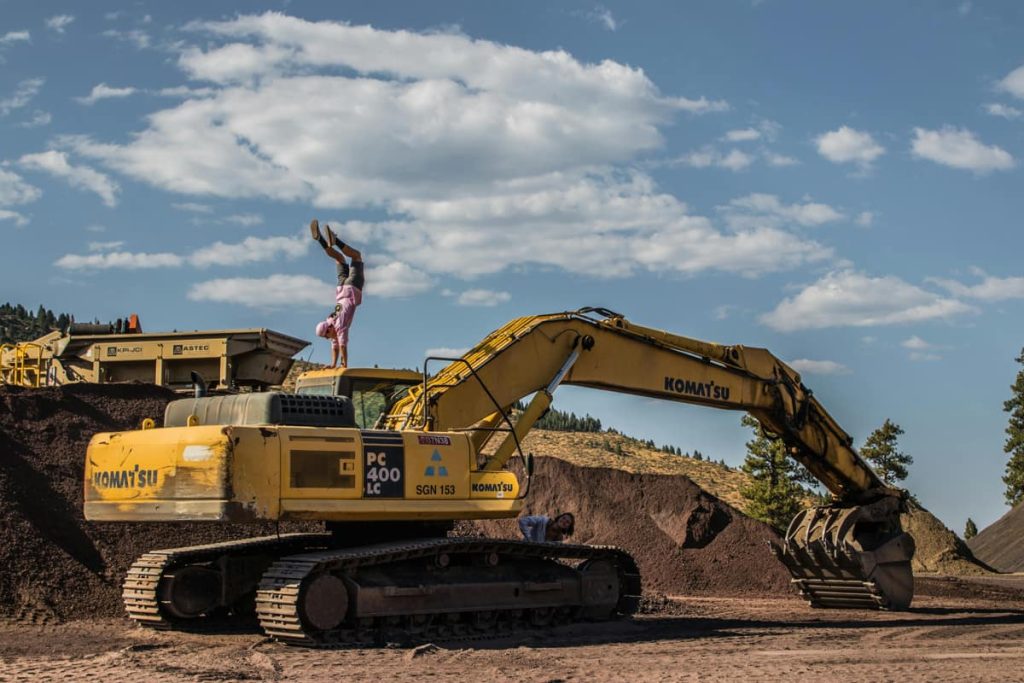
Small businesses usually try to grow operations and boost capacity starting with acquiring heavy equipment. Effective work in transportation, manufacturing, and building all depends on heavy machinery. But the cost of having this equipment might be prohibitive straight forward. Even tiny businesses may afford heavy equipment leasing and gain from increased development and output with careful planning and smart financial practices.
Exploring Flexible Lease Terms for Small Businesses
Leasing heavy machinery usually comes with flexible conditions that can be fit for a small business. Leases are more easily available to companies with changing income than conventional loans or straight purchases, as they may be customized to certain cash flow situations. Depending on what would be best for the company, lease terms might be changed to be either shorter or longer. Extending the lease term with smaller monthly payments might be a more sensible option for small businesses as it spreads the cost over a longer length of time. This approach helps companies to spend funds on other important needs, including marketing or personnel, free from financial limitations related to costly equipment expenditures. More frequent equipment updates made possible by flexible lease terms also provide access to state-of-the-art technology without committing to complete ownership.
Considering Leasing vs. Buying for Better Cash Flow
Leasing heavy equipment instead of buying it clearly helps with cash flow management. Buying equipment has a significant upfront cost that can take funds meant for another use inside the company. Conversely, leasing lets companies maintain their cash reserves while allocating money to daily operations or development projects. Apart from lower initial costs, leasing offers consistent monthly payments that are simpler for budgeting than the large, one-time outlay of purchase. This consistency facilitates financial planning and enables small businesses to use resources more wisely. Since the leasing company retains ownership of the equipment, leasing also helps to offset equipment depreciation. Small businesses thereby avoid the long-term financial load of maintaining assets whose value declines with time.
Taking Advantage
Small businesses looking to have access to heavy equipment without making the complete financial commitment of ownership may find equipment lease financing to be an attractive choice. Many leasing companies provide financing options so companies may lease machinery and distribute the cost over time. Lease financing lets companies get the equipment they need without draining their running capital or running debt. Small firms can more easily handle their finances as these financing options usually provide fair interest rates and flexible payment schedules. Additional services like maintenance or repair included in lease financing agreements might help to lower the running costs of owning heavy equipment. Lease finance allows small businesses to acquire premium machinery, therefore enabling them to remain competitive in their industry while maintaining low financial obligations.
Negotiating Maintenance
Leases for heavy equipment often include maintenance and repair services. Small businesses may find great influence from this minimizing the burden of managing expensive repairs or unplanned failures. This will affect output greatly. By means of maintenance terms in the lease agreement, one guarantees that the equipment remains in excellent working order without requesting the firm to pay extra for maintenance. Leases with maintenance provisions help companies concentrate on their operations free from concern about the extra costs of equipment breakdown or service.
Selecting Appropriate Tools
When thinking about a lease, you really should choose the right equipment. Small businesses should carefully consider their running needs to make sure they are leasing equipment fit for their needs. Leasing provides flexibility. Therefore, companies may pick equipment suitable for their current operations without having to commit themselves to a long-term with ownership. Leasing the newest models or specialized tools for specific needs helps businesses maintain a competitive advantage instead of making significant equipment purchases that can go out of current. Choosing equipment that meets present and future needs guarantees that the lease will be valuable for the full term by means of cooperation with the leasing company.
Conclusion
Small companies have a flexible and financially sustainable way to get the tools they need to grow and flourish leasing heavy equipment. Reviewing lease terms and using financing options and tax benefits helps businesses make smart decisions that maximize cash flow, lower risk, and increase operational efficiency. Leasing may be a useful instrument for small businesses trying to boost their capacity without stretching their financial resources using a suitable approach.
